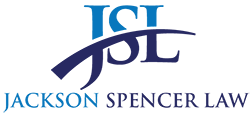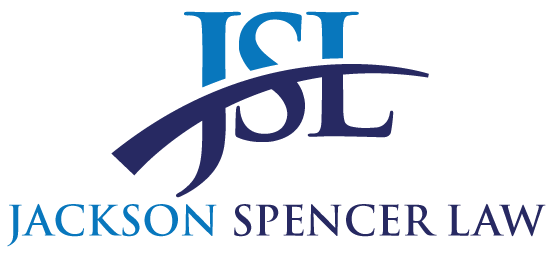In the realm of legal services, particularly in employment law, you may come across attorneys who offer to take your case on a contingency basis. This can be a critical option for clients who need legal representation but are concerned about the costs. But what exactly does this mean? This blog aims to demystify the concept of contingency fee arrangements and help you understand what to expect when entering such an agreement with a lawyer.
What Does it Mean When an Employment Lawyer Takes Your Case on a Contingency Basis?
A contingency fee arrangement is a payment structure where a lawyer’s fees are contingent upon the outcome of the case. Put differently, the lawyer only gets paid if they win your case or achieve a settlement in your favor. This model is quite common in personal injury, workers’ compensation, and employment law cases.
How Does a Contingency Fee Work?
Under a contingency fee agreement, the lawyer agrees to accept a fixed percentage of the recovery, which could be in the form of a settlement or a court-awarded sum. The exact percentage can vary based on several factors, including the complexity of the case, the amount at stake, and the stage at which the case is resolved.
Example:
Suppose your employment lawyer takes your wrongful termination case on a 40% contingency fee. If you win or settle the case for $100,000, your lawyer’s fee would be $40,000.
Advantages of Contingency Fee Arrangements
- Low/No Upfront Costs: One of the main benefits is that it allows individuals who may not have sufficient funds to pay a lawyer upfront to still access legal representation.
- Risk Mitigation: The lawyer takes on the risk. If the case is lost, the lawyer does not get paid.
- Alignment of Interests: Your lawyer’s incentive is directly tied to your success. The better the outcome they achieve for you, the higher their fee.
- Encourages Efficiency: Lawyers are motivated to resolve your case effectively and expediently.
Frequently Asked Contingency Fee Questions
Is it true that “if I don’t get paid, you don’t get paid”?
Yes! It might sound too good to be true, but any agreement between you and a contingency lawyer will also lay out any additional fees or costs.
How do you decide how much my case is worth?
Unlike a personal injury case, where “worth” of a case depends largely on medical bills, employment cases’ “worth” are not calculated in the same way.
Can I negotiate my percentage?
You can, but different firms have different resources available and may have higher or lower contingency fees than other firms based on the firm’s resources, experience of the attorneys, and type of case that the firm handles.
Why would a contingency firm make someone pay an up-front cost?
Administrative costs help keep the lights on and pay for staffing, information security, and other business costs. Jackson Spencer Law fights to keep up-front costs (if any) low and affordable to enable more people to seek help.
Other Contingency Fee Questions to Ask Your Lawyer
– What percentage will you charge?
– What happens if we lose the case?
– What happens if the company doesn’t respond?
– What costs and expenses am I responsible for?
– How do you decide whether to take a case on contingency?
Jackson Spencer Law Has A Wide Variety of Experience With Contingency Clients in Texas
A contingency fee arrangement can be a powerful tool for clients seeking justice, especially when financial resources are limited. It allows for access to legal services that might otherwise be out of reach and aligns the lawyer’s incentives with the client’s success. However, it’s crucial to fully understand the terms of the agreement and to discuss any concerns with your lawyer before proceeding.
A good lawyer will always be willing to explain the process and ensure that you are comfortable with the arrangement. That’s why the team at Jackson Spencer Law works hard to make sure that anyone can have access to legal representation when experiencing workplace discrimination, wrongful termination, or potential retaliation in the workplace. Get a free consultation today with our team to learn if you may have a case against your employer and gain access to representation for low upfront fee or no upfront fee.



